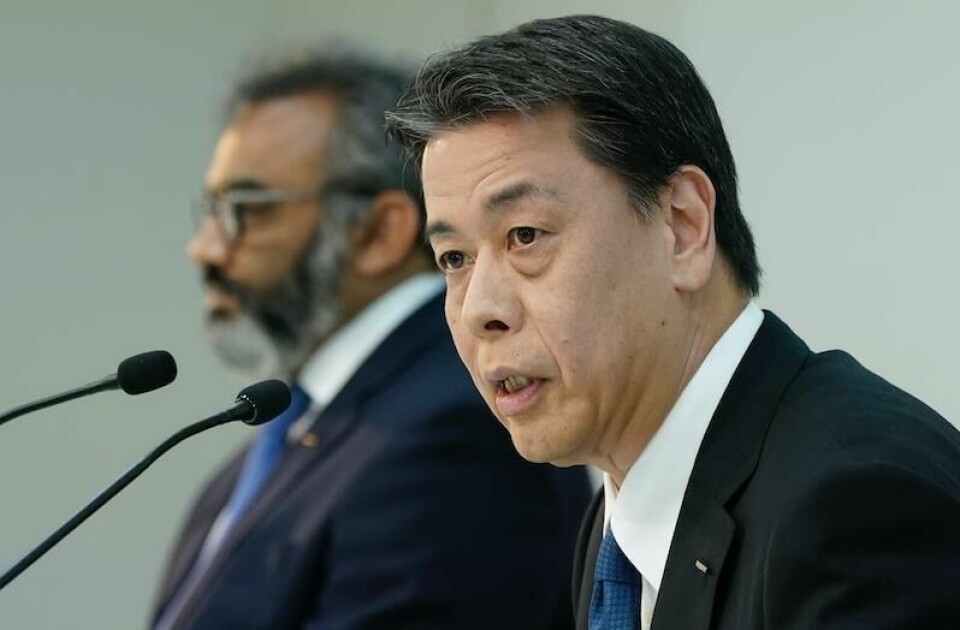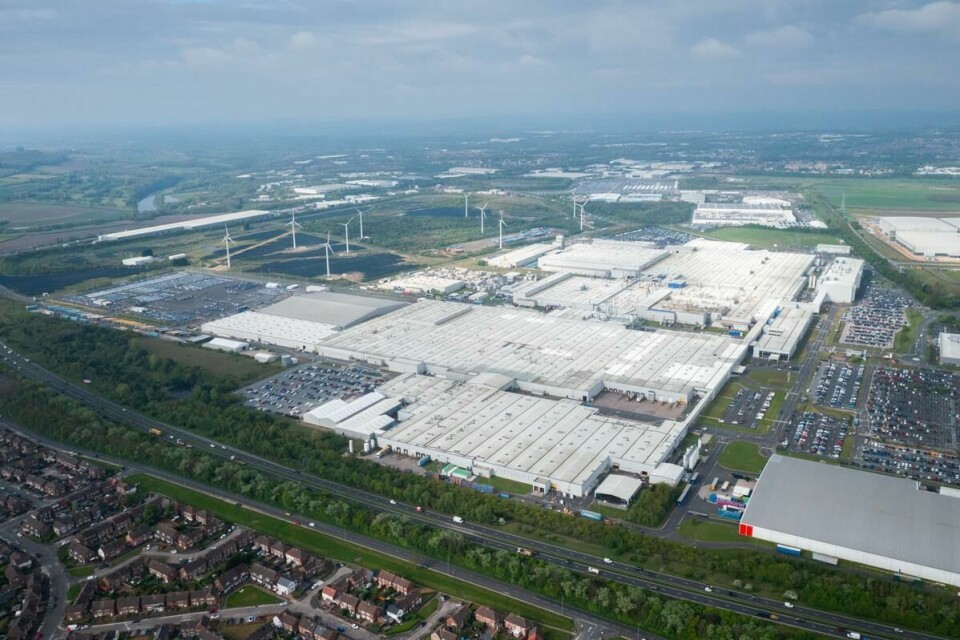Nissan’s Sunderland plant: Electric Vehicle hub or cost-cutting casualty amid global restructuring?
Nissan’s Sunderland plant, pivotal to its EV ambitions, faces an uncertain future amid a sweeping cost-cutting drive. As CEO Makoto Uchida contends with falling sales and restructuring, the UK facility’s strategic importance may yet shield it from drastic cuts.
Nissan Motor Corporation, a leading name in global automotive manufacturing, is confronting a moment of serious uncertainty. Declining sales, rising costs, and intensifying competition have led to speculation about the fate of the Sunderland plant, a flagship facility for the company’s UK operations. This uncertainty emerges as Nissan embarks on a sweeping restructuring effort to regain profitability.
Recognised for its electric vehicle (EV) production capabilities, the Sunderland plant recently underwent significant upgrades, reinforcing its role as a critical hub in Nissan’s global operations. However, even this modernisation may not shield it entirely from the impact of cost-cutting measures, which include potential reductions in production and shifts across the company’s global network.
“[Now] decisive action is crucial”
Despite the turbulence, Nissan’s leadership has reiterated the plant’s strategic importance. Insiders suggest that while Sunderland could avoid the most severe cuts, older and less efficient facilities in North America may not be as fortunate.
Mounting pressure on CEO Makoto Uchida

Uchida faces mounting pressure to navigate financial struggles, industry shifts, and strategic missteps, as he fights to save the automaker and his leadership amidst calls for change.
Under CEO Makoto Uchida, Nissan has faced intense scrutiny over its market performance. Weak sales in critical regions such as North America and China have exacerbated the company’s challenges. During a recent company-wide meeting, Uchida acknowledged these struggles and outlined a bold recovery plan, including a £2.05 billion ($2.6 billion) cost-reduction initiative, a 20% cut in global production capacity, and the elimination of 9,000 jobs. In a symbolic gesture, Uchida announced he would halve his own salary.
“I am determined and committed to fulfil my duty as CEO,” Uchida stated, underscoring his resolve to navigate the company through this crisis. However, his leadership has not been without criticism. During a Q&A session with managers, he faced tough questions about the strategic focus on EVs in the US, where hybrids have proven conspicuously absent. While hybrids perform well in Japan, their omission in key international markets has drawn criticism from both managers and analysts.
Sunderland Amidst Global Restructuring

Speculation has begun to rise concerning the fate of the UK plant as Nissan faces pressures from several sources
While Sunderland’s modernisation strengthens its position, Nissan’s broader challenges cast a long shadow. The automaker is grappling with competition from Chinese manufacturers, evolving consumer preferences, and economic headwinds. Activist shareholders are demanding accelerated reforms, while geopolitical risks, including potential US tariffs on Mexican imports, further complicate the landscape.
As part of its restructuring, Nissan has established a project team to identify cost-saving opportunities. In North America, plans are underway to idle older assembly lines and consolidate operations at newer facilities. Meanwhile, the COMPAS joint-venture plant in Mexico, shared with Mercedes-Benz, faces severe underutilisation, producing just 50,000 vehicles annually against a capacity of 230,000. Industry experts, including Sam Fiorani of AutoForecast Solutions, predict its closure is likely.
In contrast, Japan’s weaker yen has bolstered the cost-effectiveness of domestic manufacturing, making significant production cuts there less probable. Even so, Nissan’s Japanese managers are reviewing factory workloads to identify potential efficiencies.
The stakes for Nissan’s senior leadership are high
For Uchida, the stakes could not be higher. Shareholders, policymakers, and industry analysts are closely watching Nissan’s next moves. The automaker’s challenges are emblematic of the broader upheaval in the automotive industry as companies transition towards electrification and sustainability.
Sunderland’s role in Nissan’s EV strategy offers some optimism. Recent investments underscore its strategic importance, even as global uncertainties persist. While the plant may avoid the harshest cuts, the path forward for Nissan is fraught with challenges.
“Decisive action is crucial,” said Uchida. Whether his measures will suffice to secure Nissan’s future remains to be seen, but the automaker’s resilience will undoubtedly be tested in the months ahead.


